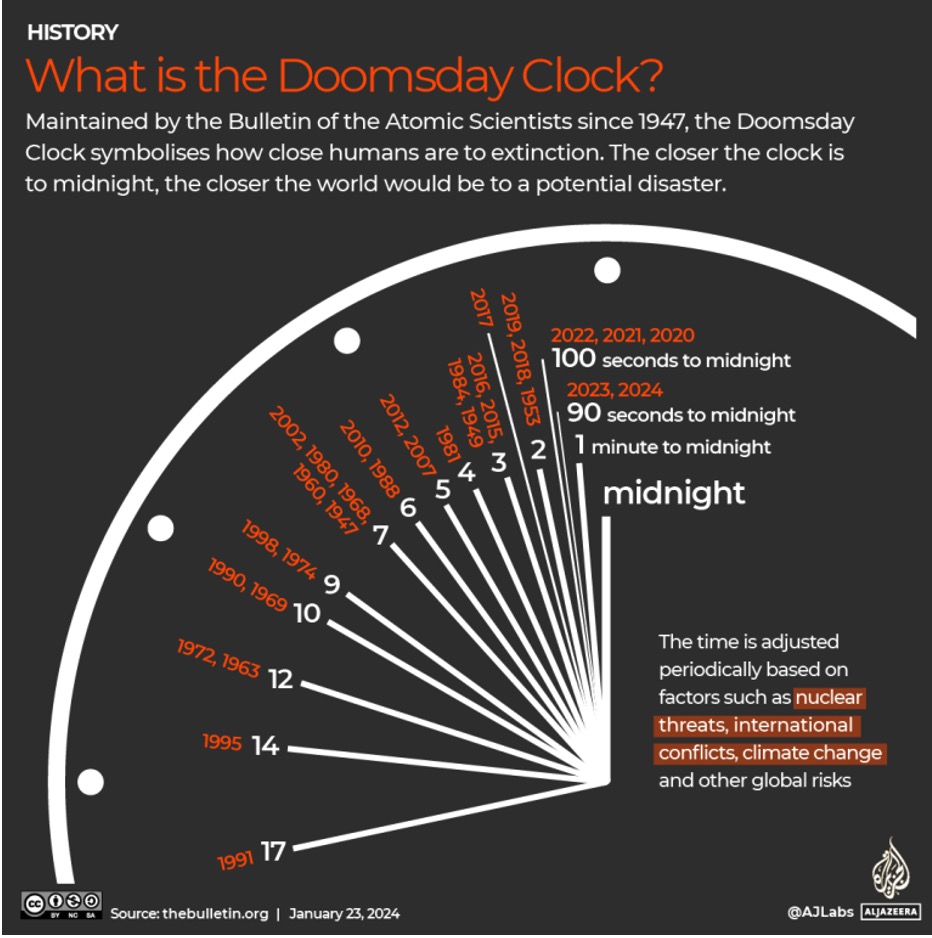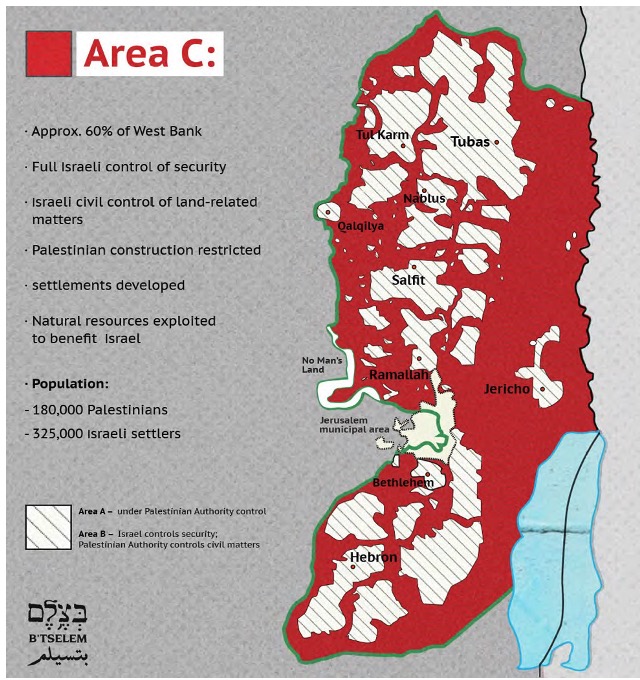Comments
ISRAEL WAR - The US presidential campaign is almost over, and both Democrats and Republican parties support Israeli genocide in Gaza and Israeli assaults on Lebanon. Sweeping these attacks under the rug, both Presidential campaigns agree on maintaining US global hegemony. Instead they engage in personal attacks on the other party’s candidate.
It is only when Harris and Trump occasionally address domestic issues, such as abortion, that policy disagreements appear. This was recently confirmed by Kamala Harris when she remarked that some potential voters were appalled by her support for Israel’s devastating attacks on Gaza. Instead, Harris – like Bernie Sanders -- argued that these voters should focus on the domestic issues she supports.
In addition to Trump’s jabs at Harris and Harris’s jabs at Trump, both candidates avoid the obvious: the United States is a global empire in decline. Neither Trump’s Make America Great Against (MAGA) theme or Harris’s Politics of Joy address the US government’s two losing proxy wars, Ukraine and Gaza. Neither are winnable, and the resulting stalemates or outright defeat accelerate US decline.
Fascism? The question of fascism is raised by the Democrats in their attacks on Donald Trump, but deliberately avoids two points.
First, intense political repression on college campuses is happening now and has nothing to do with Republicans. Its target is students opposed to genocide in Gaza, falsely calling them anti-Semites, even those who are Jewish.
Second, fascism is much more than domestic authoritarianism since it always includes waging foreign wars. This is why Kamala Harris’s acceptance speech attacked Trump from the right, accusing him of being weak on US militarism. These remarks opened the door to war criminals like Dick Cheney, who recently endorsed Harris.
The current situation is comparable to 1968, when Lyndon Johnson quit the presidential race, and his Vice President, Hubert Humphrey, ran against the Republican candidate, Richard Nixon. The enormous anti-war movement did not support Humphrey as a lesser-evil. Instead it organized in the military, cities, and college campuses. Within several years the Nixon administration ended the draft, Vietnamized the war, and withdrew the last US troops from Vietnam in 1972. This model offers us an alternative for 2024 and beyond: grass roots anti-war organizing.
What is likely to happen after the Presidential election? Whether the next President is Trump or Harris, the deep state will assure continuity in US foreign and military policy, including in Gaza. Despite US public opinion, which is sharply critical of Israel’s decimation of Gaza, either Trump and Harris will support Israel’s multi-front wars, ignoring the cost to US prestige and depletion of US military hardware.
Once you consider the possibility of a US-initiated war against China, peaceful times are not likely in the years ahead. Furthermore, two potential antagonists, Russia and China, are nuclear powers, and the Bulletin of the Atomic Scientists predicts the chance of nuclear war has sharply increased. They reset their famous doomsday clock to 90 seconds before midnight because these experts consider a humanity-destroying nuclear war to be more likely in the next few years than at any point since 1991, when the Cold War ended.

What happens next? If nuclear war can be avoided, could the Israel-Palestine conflict be resolved? A two-state solution is presented by many as the solution to end this conflict, but without addressing these details.
Reason 1: There are at least 700,000 Israelis living in occupied East Jerusalem and the West Bank. None of the two-state advocates explain what will happen to them. Will they become citizens of the Palestinian state? Will they move to a much smaller two-state Israel? Will they continue the status quo, forcing the Palestinian state to become a mishmash of separated Palestinian cantons.

Reason 2: Who would rule the Palestinian state? Most likely leaders would come from existing elites. Perhaps elections could dislodge them, but they would remain in the wings. Since advocates of the two-state solution have not asked or answered these questions, this suggests their position is primarily a public relations exercise.
The other alternative is a one-state solution, which also faces enormous barriers.
Barrier 1: The one state already exists, but it is an apartheid state. In the occupied territories of the West Bank and Gaza, Palestinians are not Israeli citizens. They cannot vote, and there is no model forward, except South Africa. It eliminated political apartheid in 1991, but not economic apartheid. Three decades later, most South Africans still live poor, segregated lives.
Barrier 2: National liberation is a vague concept. Nearly all one state solutions, whether advanced by Israeli Jews or Palestinians, do not address the question of who dominates the “liberated” state. While it might maintain elections, it could easily become another post-colonial Algeria or Lebanon. While these countries ended their colonial status, oligarchs are still in charge.
No empire lasts forever, and the day will eventually come when the US no longer dominates the Middle East. At that point, the opportunities for a truly democratic solution will be at hand. Even though the new BRICS alliance favors two states, a one state solution is more likely, as is the chance that it will NOT be dominated by Israeli and Palestinian elites.
(Victor Rothman is a California based policy analyst and a contributor to CityWatch.)















